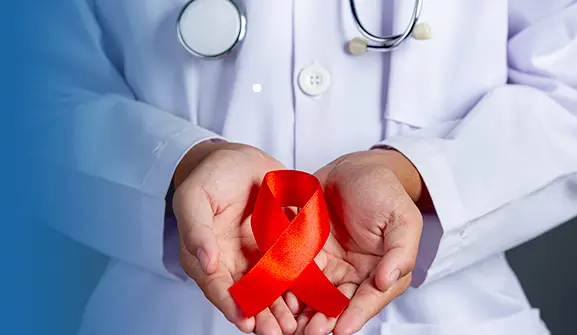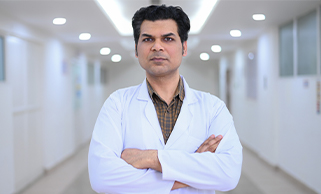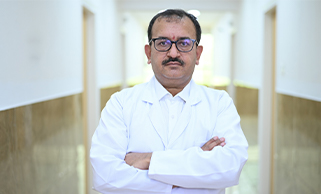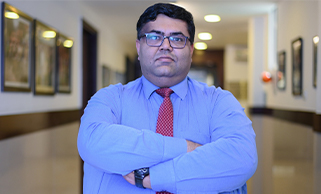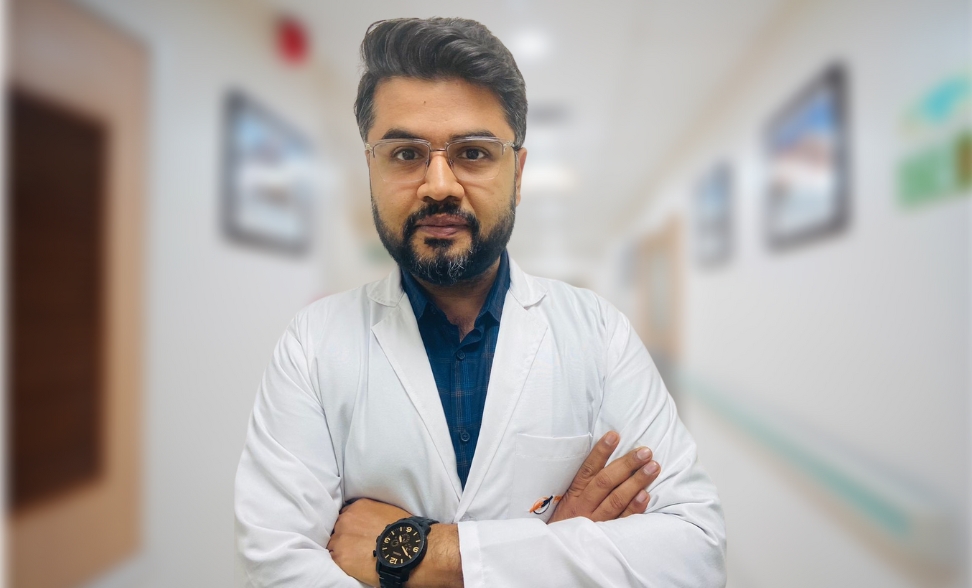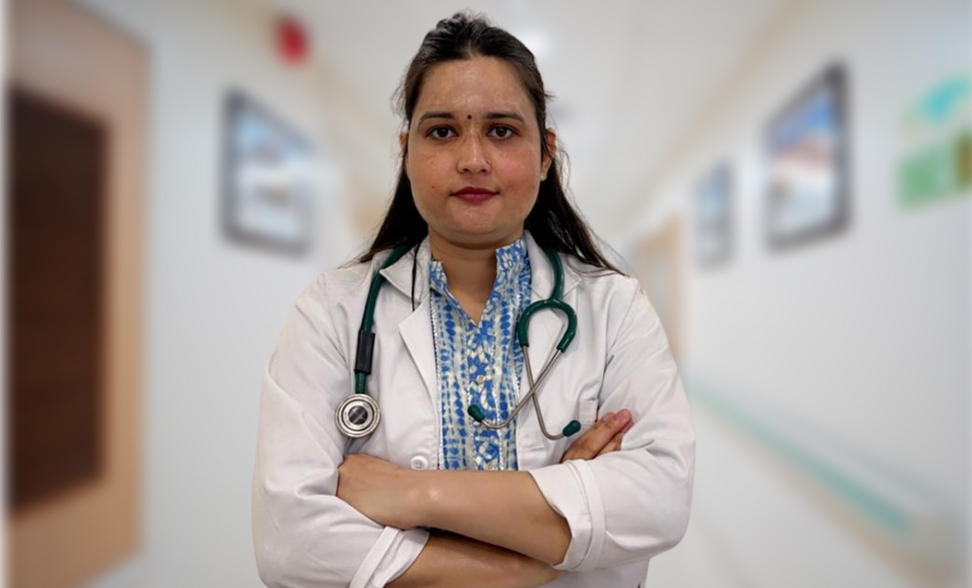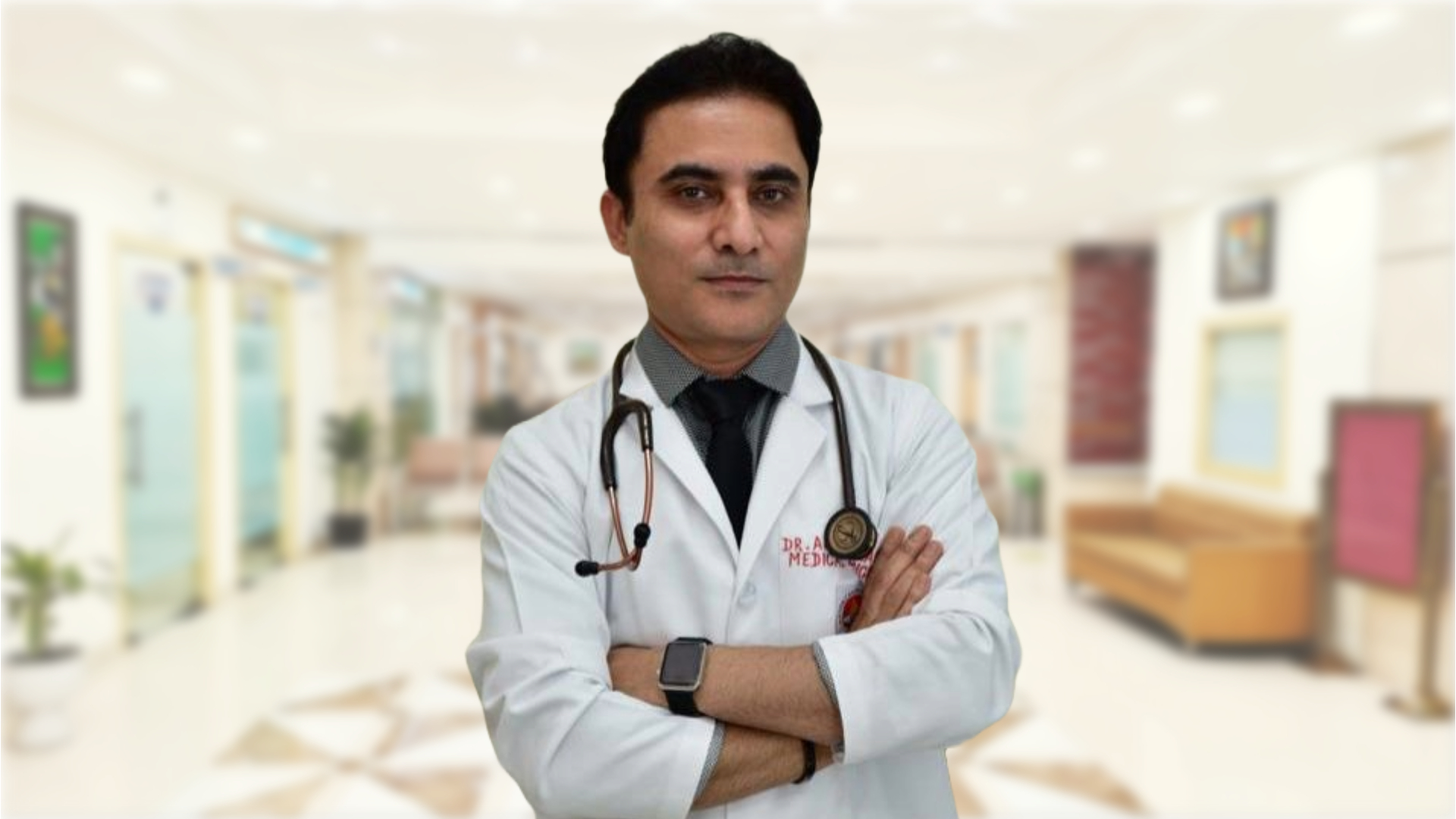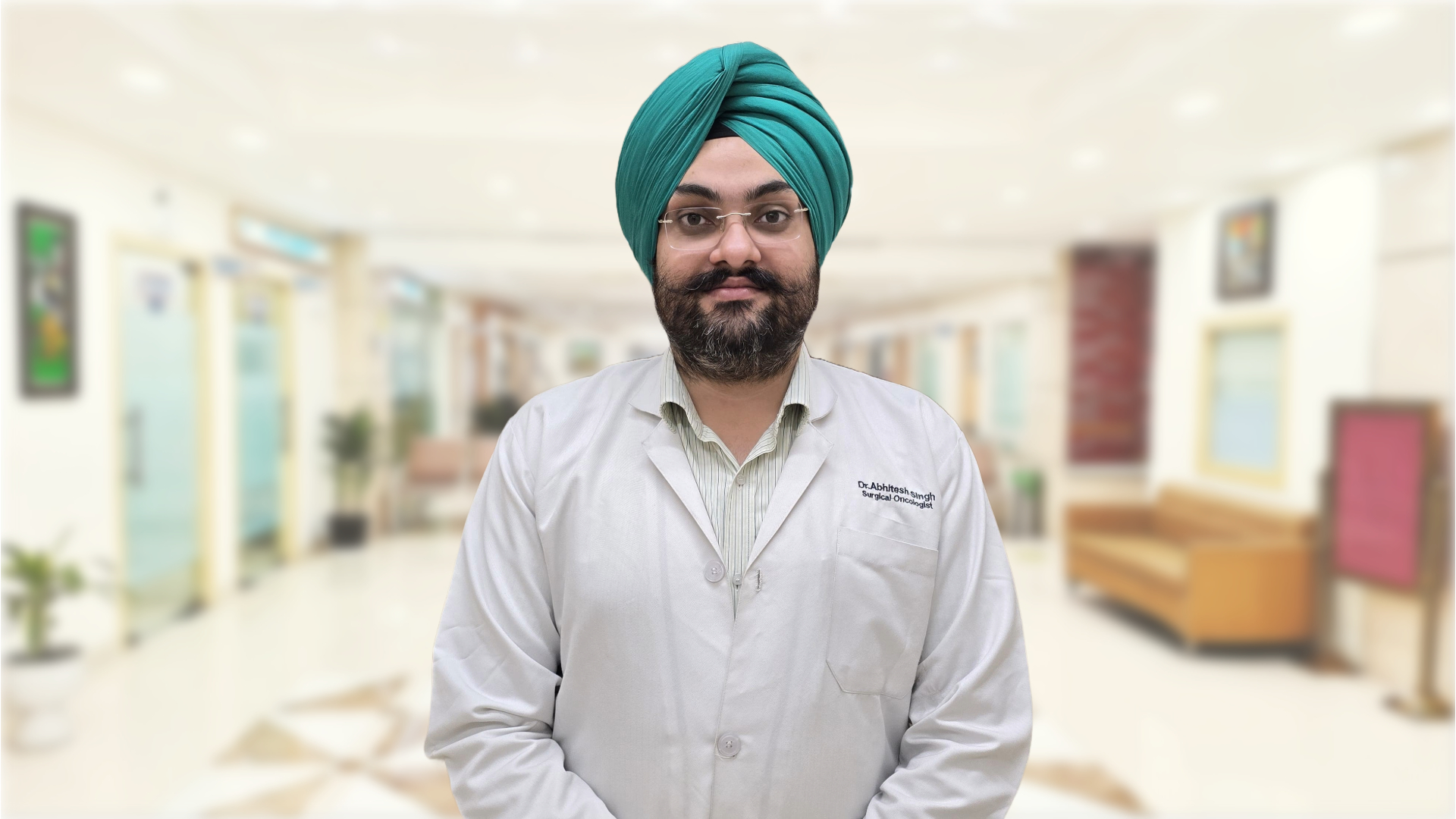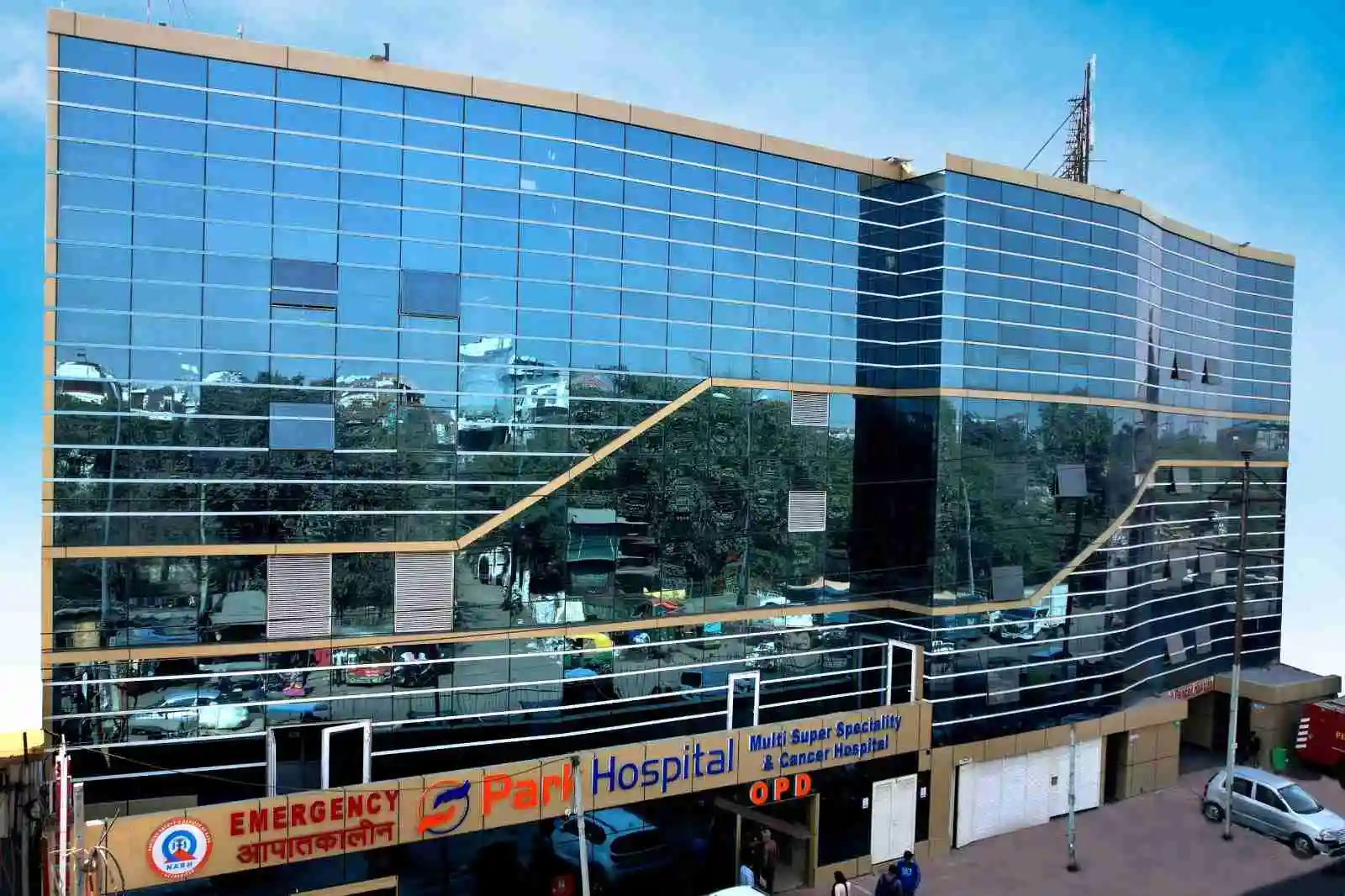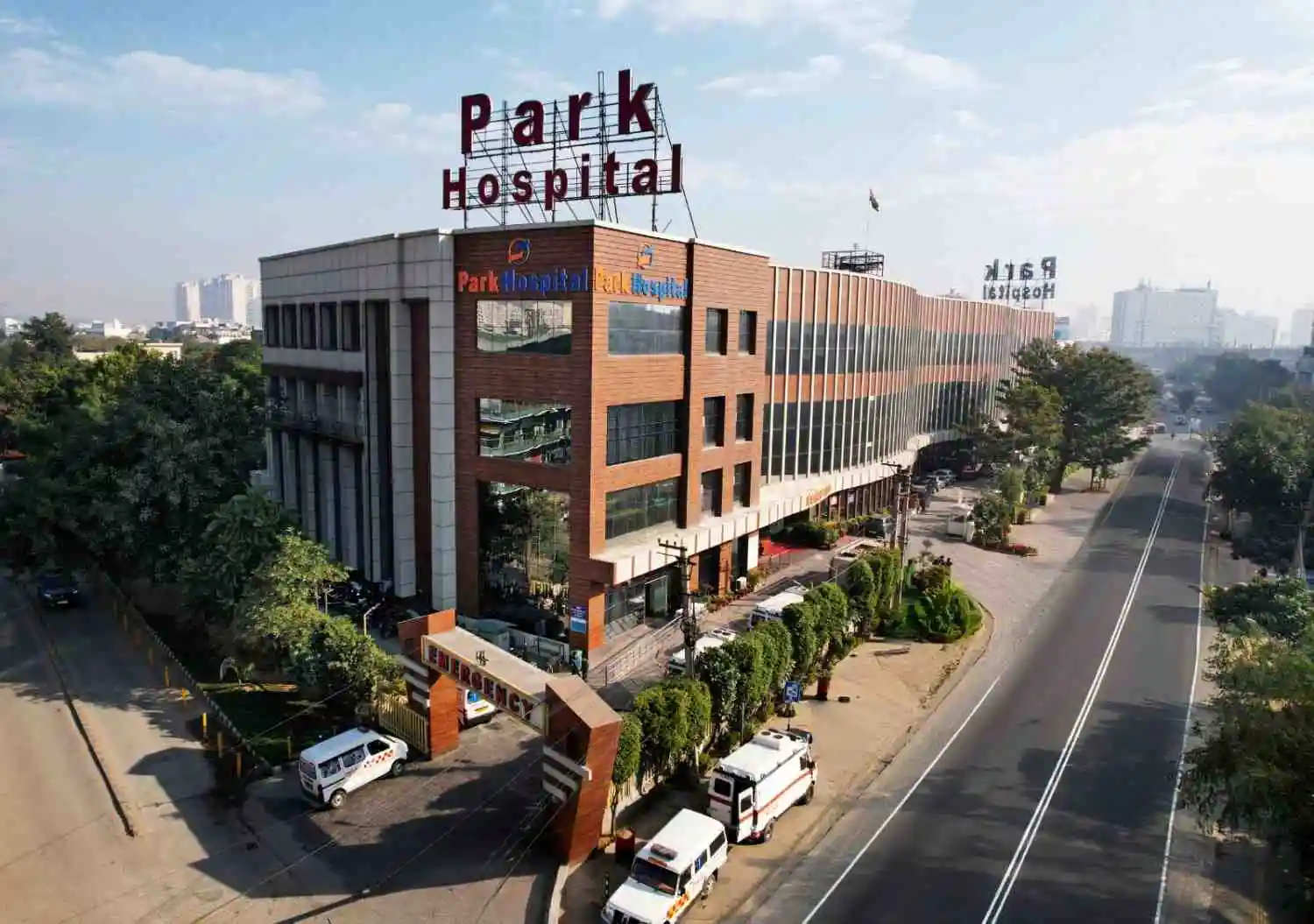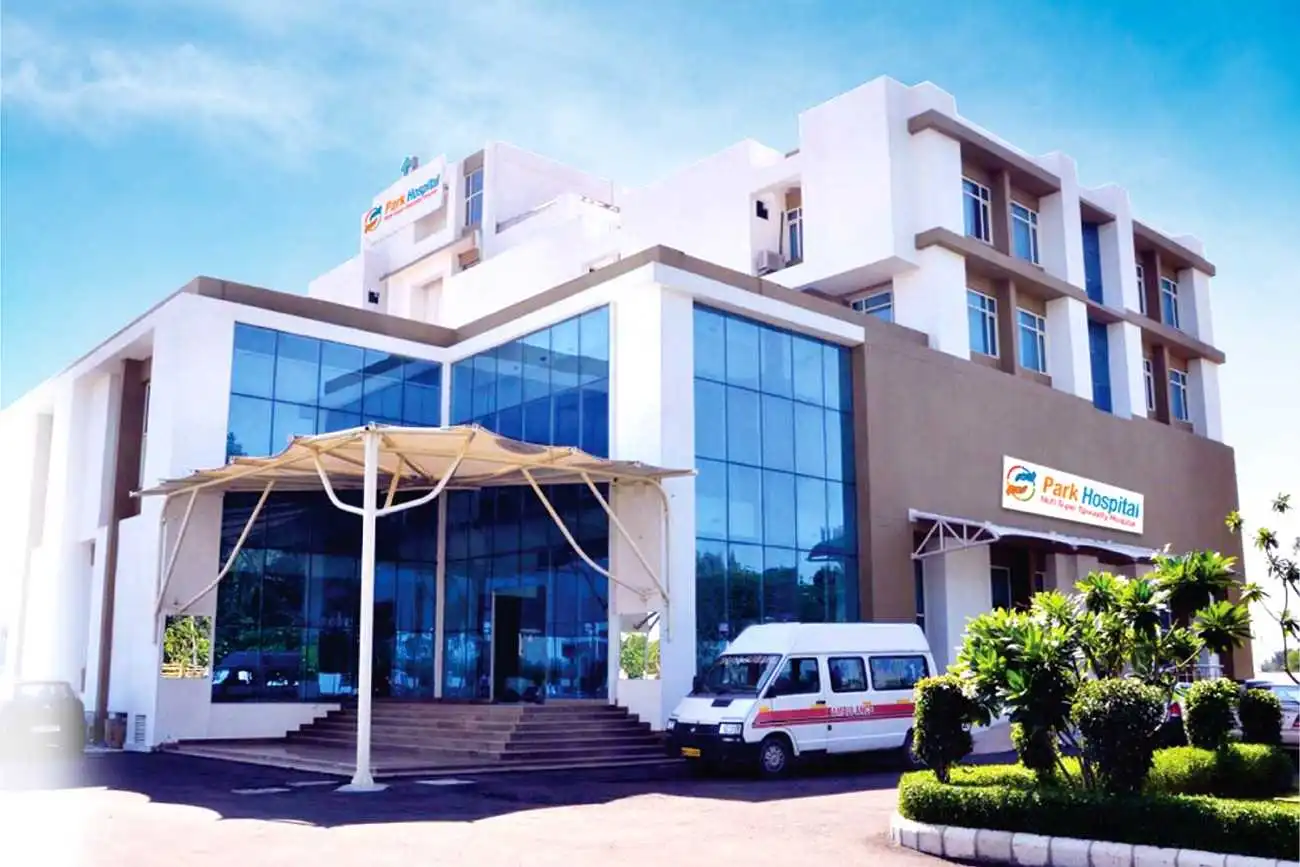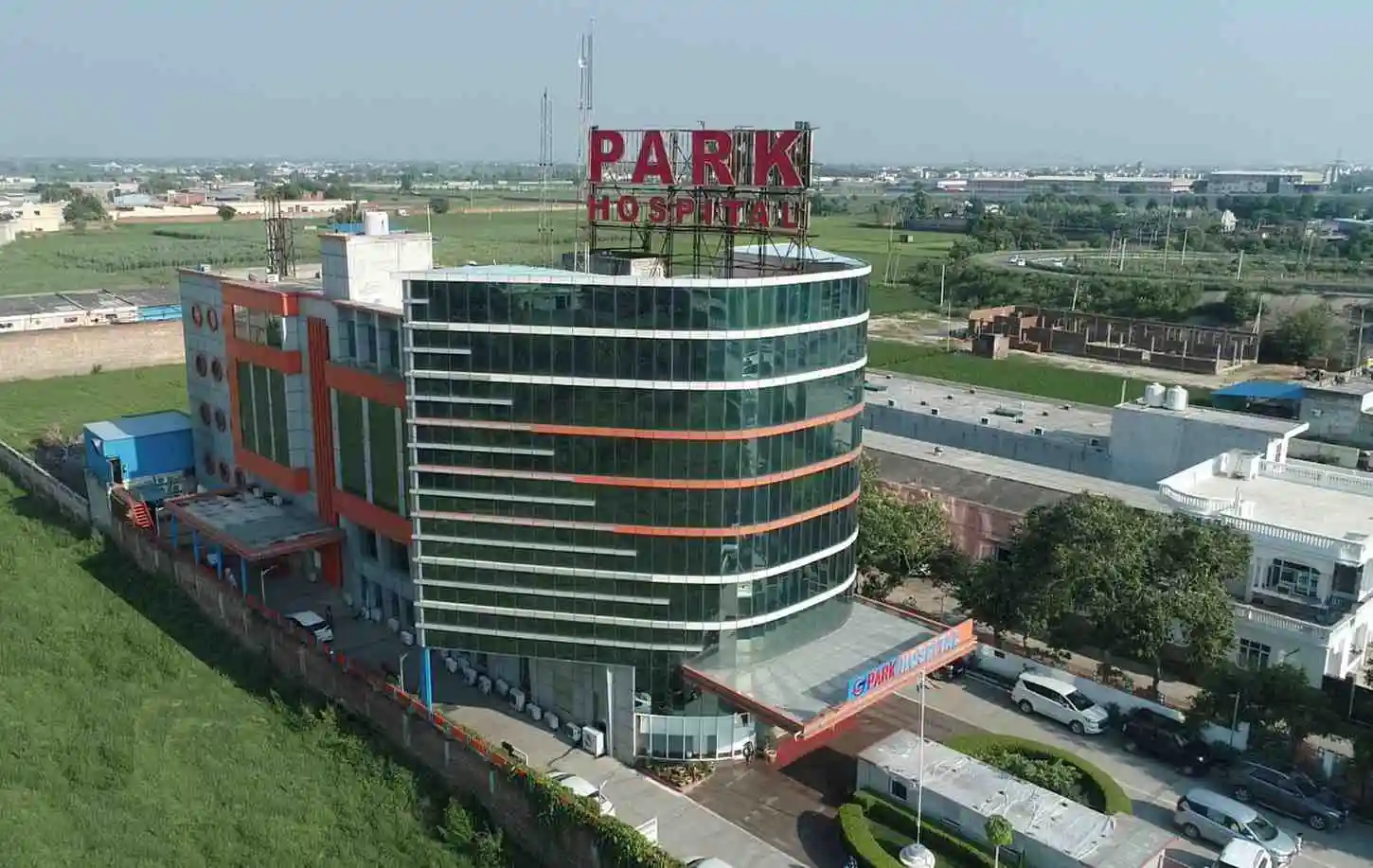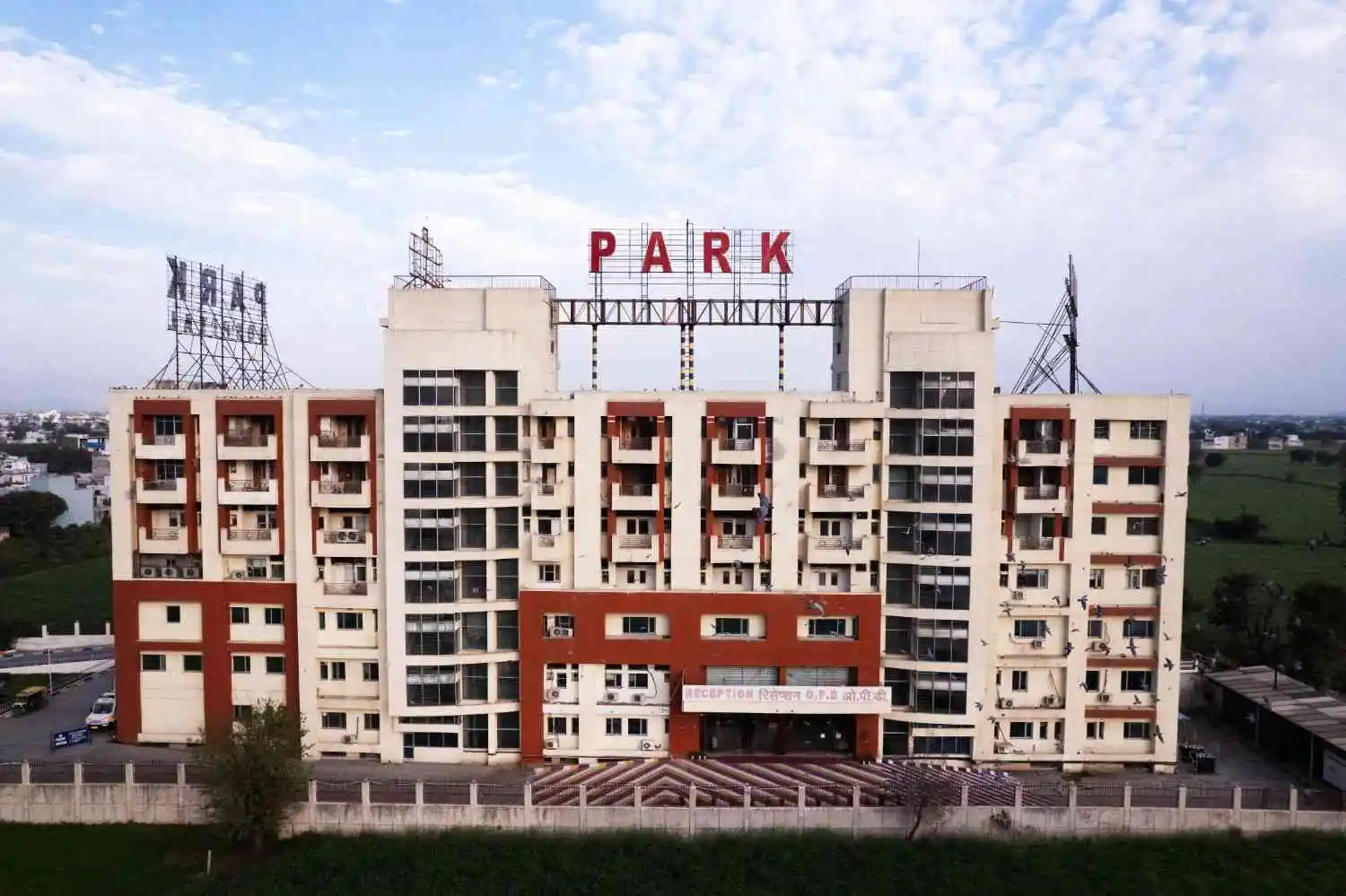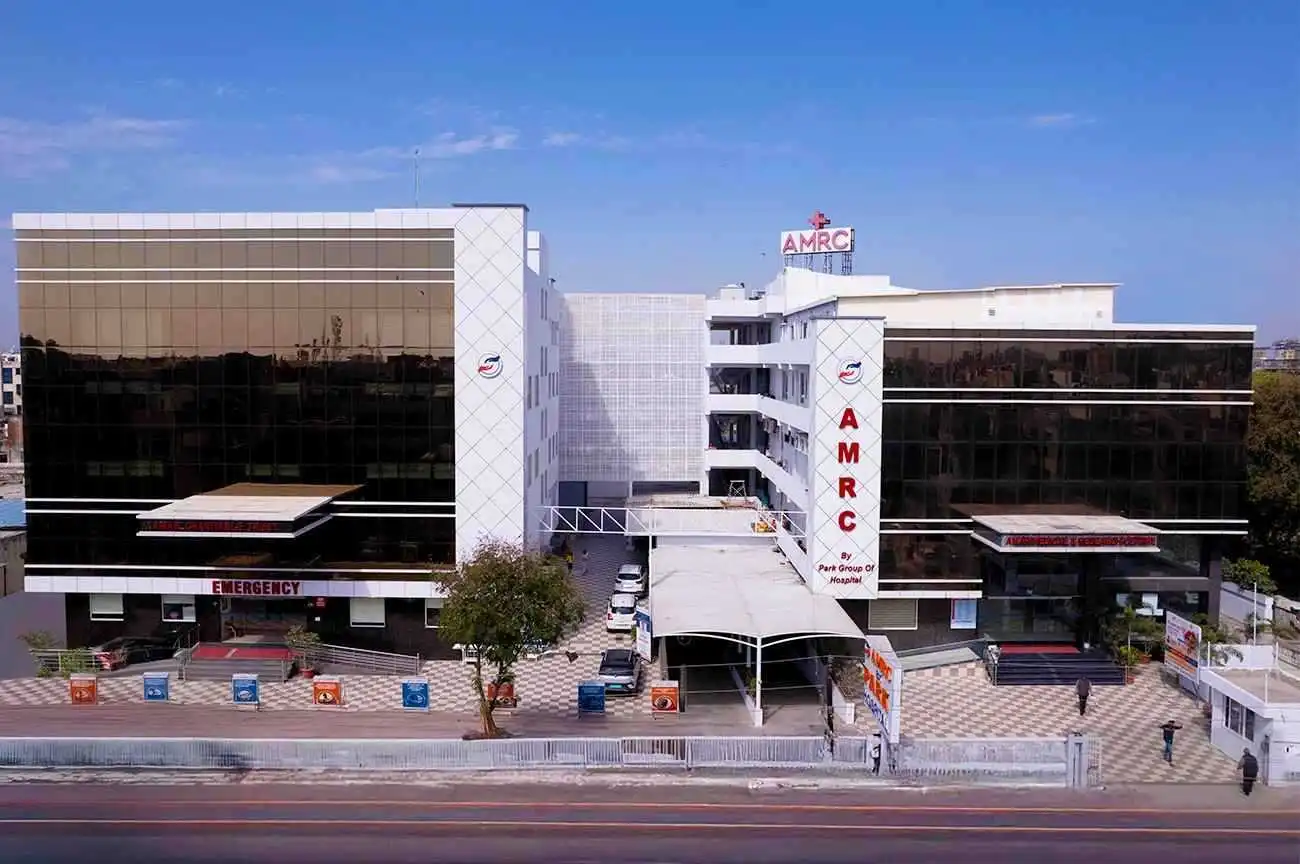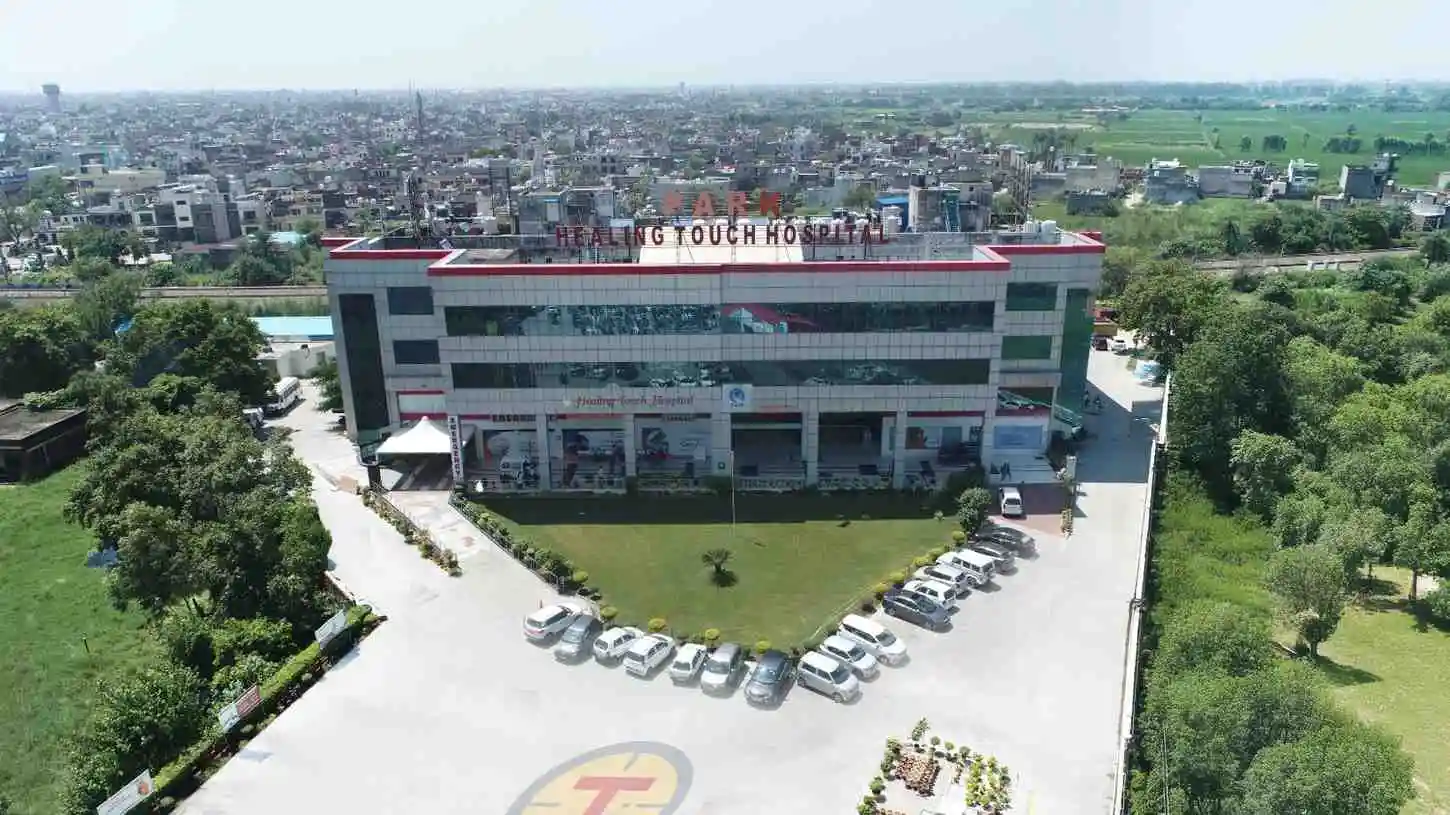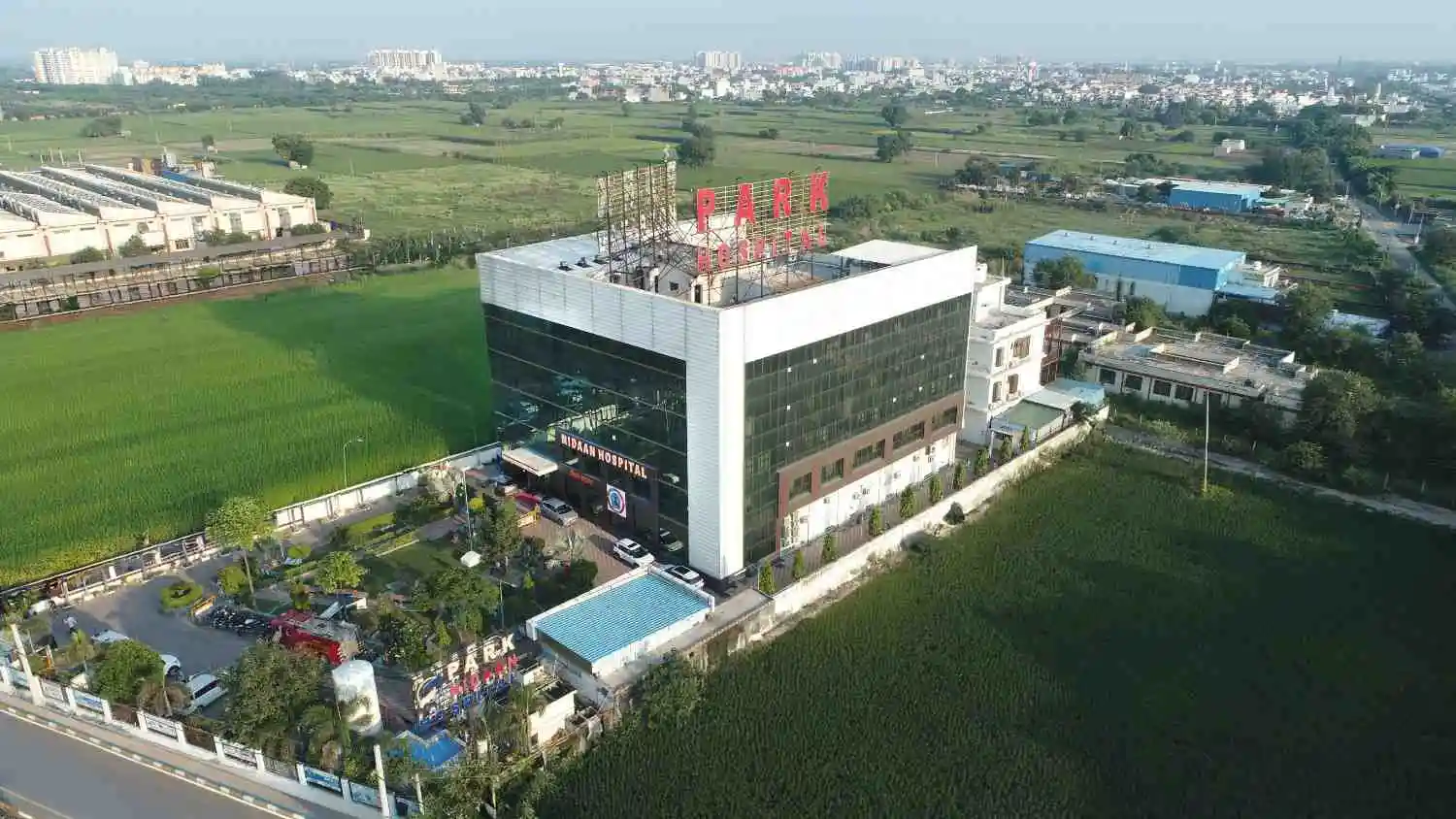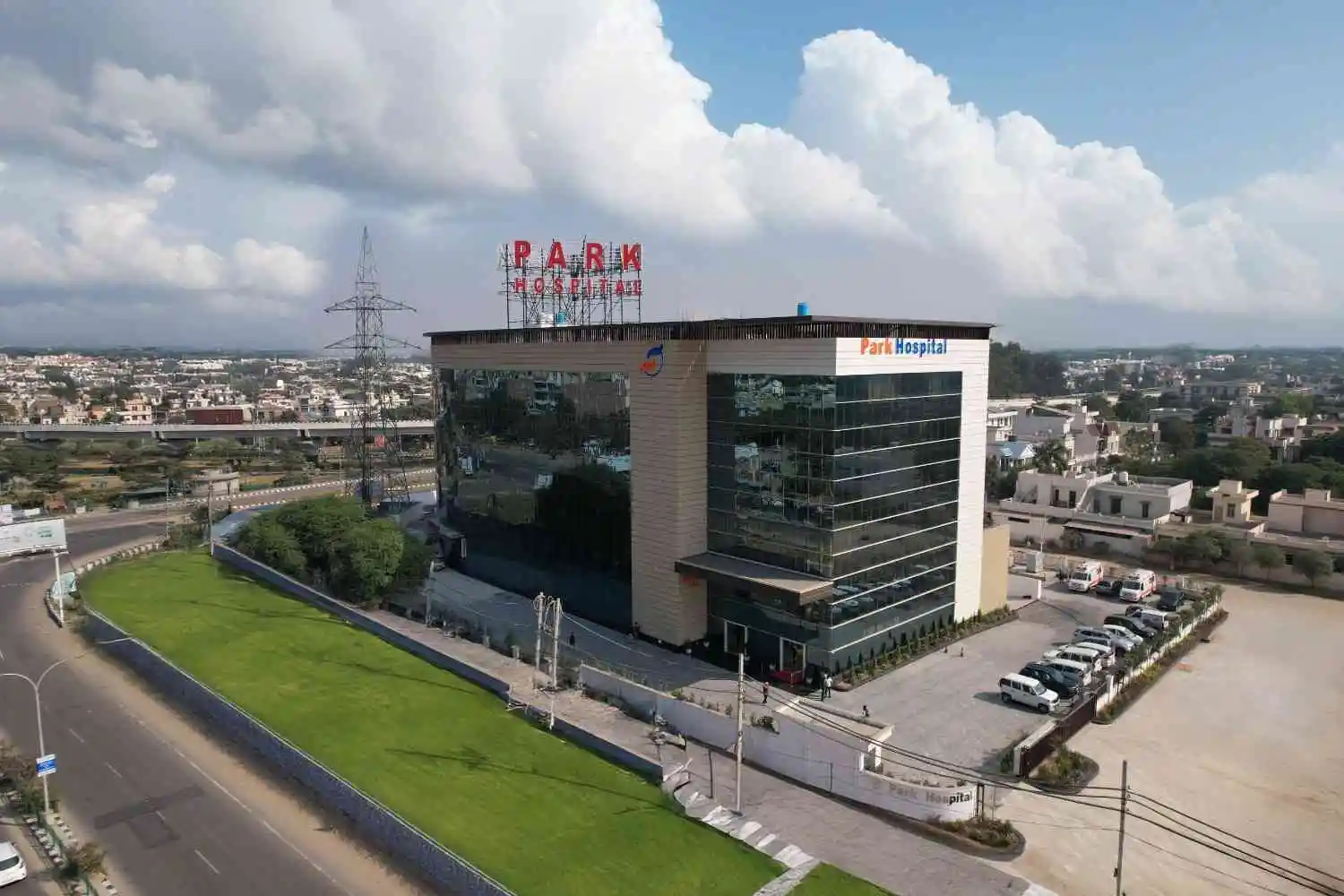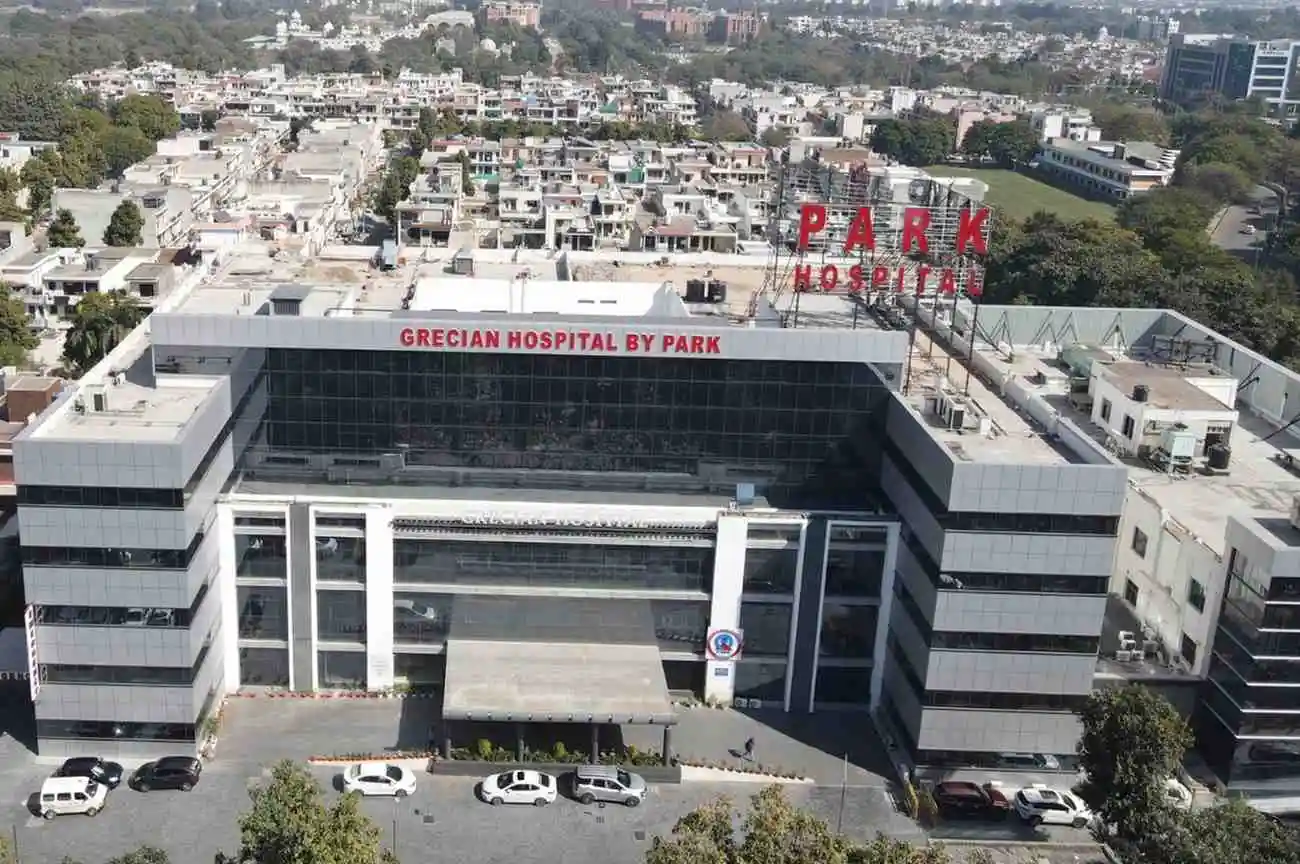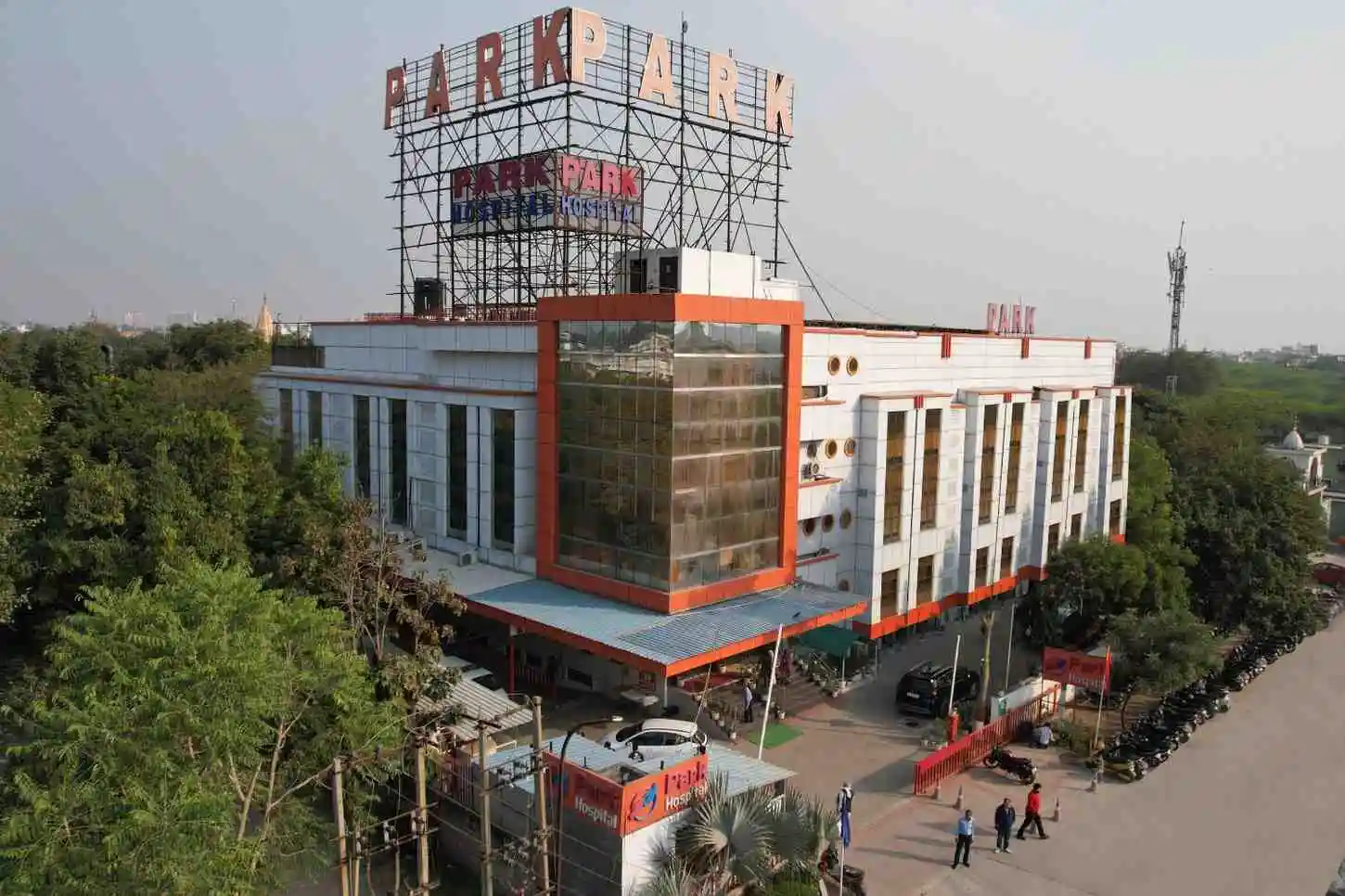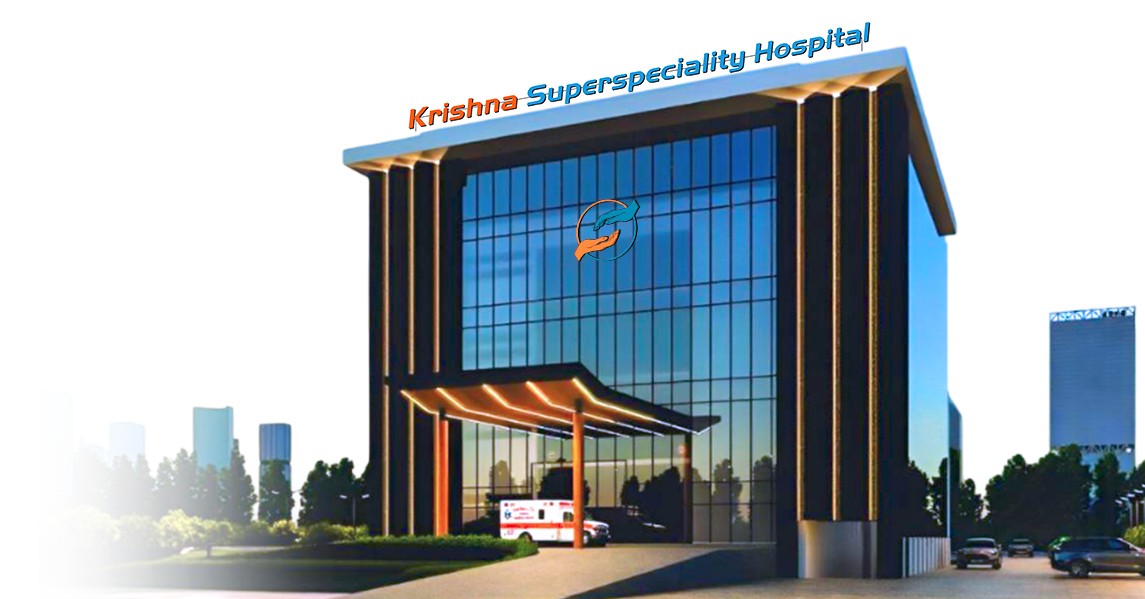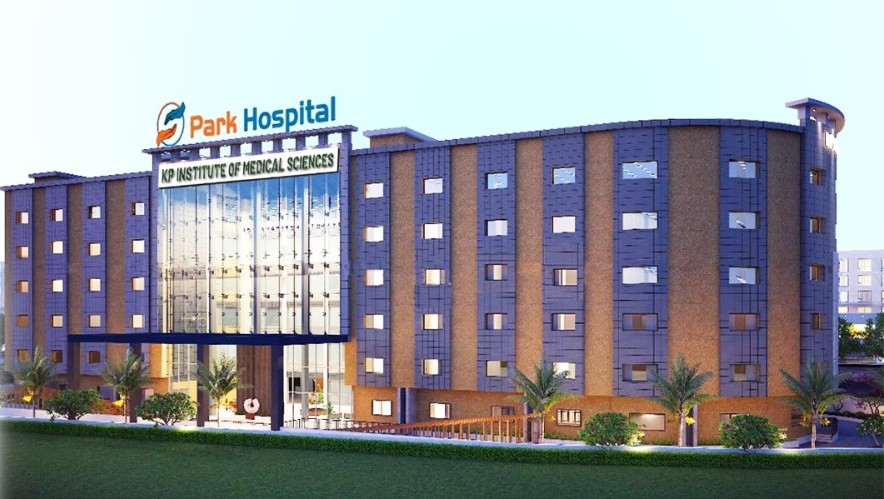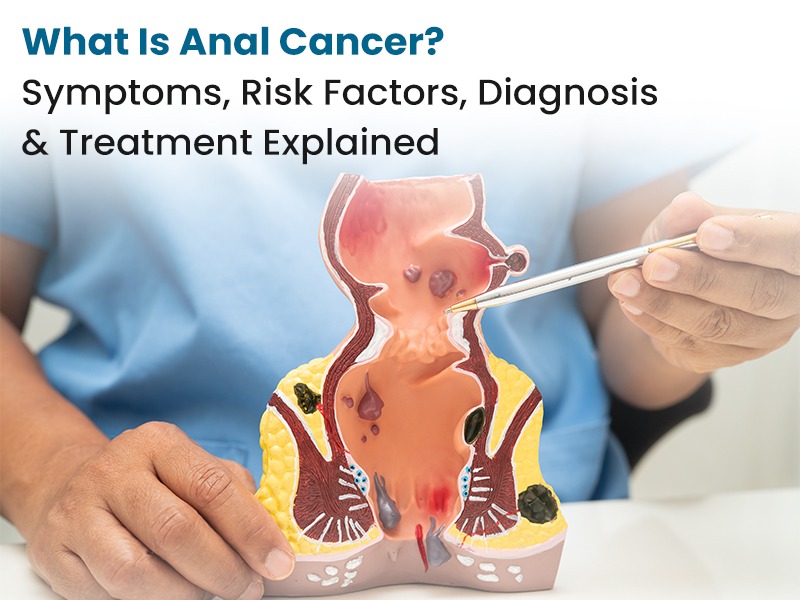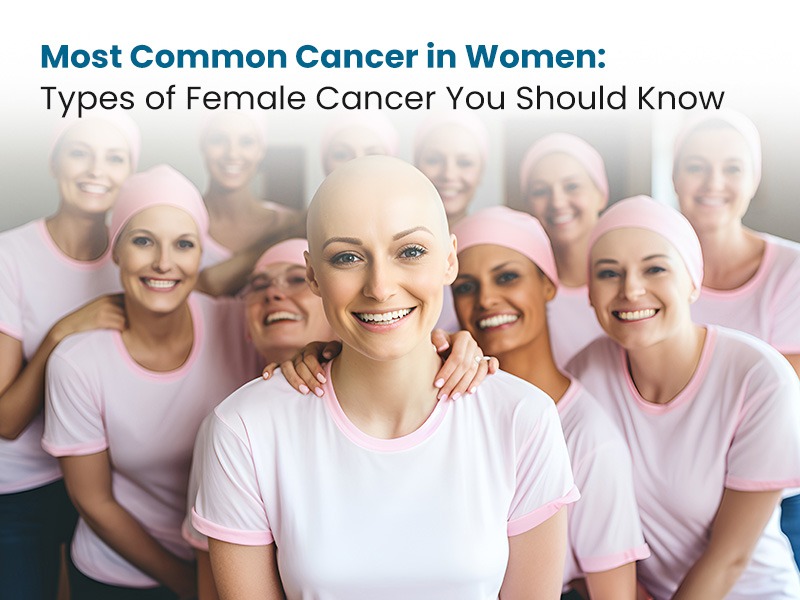Cancer Care
Cancer care has undergone a substantial shift in recent years, and it is now all about comprehensive care, which necessitates commitment, knowledge, and a strong mind. Park Hospital's Oncology team brings together the best minds and efforts in Surgical, Radiation, and Medical Oncology. Our expert oncologists assist patients with cutting-edge cancer treatment. Our team specializes in treating cancer with chemotherapy, which is the use of medicine to kill cancer cells, usually by hampering their ability to proliferate, and other medications, such as immunotherapy, targeted therapy and oral pill chemotherapy. Our top cancer experts are available in Delhi, Gurgaon, Faridabad, Karnal, Ambala, Panipat & Mohali.
Best Cancer Hospital for Cancer Treatment
Cancer treatment at Park Hospital is some of the best in the country. Our hospital has a world-class team of doctors and nurses who are dedicated to providing the best possible care for their patients. Park Hospital is one of the few hospitals in the country that offer both traditional and contemporary cancer treatments. This means that patients have access to a wide range of treatments, including chemotherapy, immunotherapy, targeted therapy, antibody drug conjugate, radiation therapy, and surgery.
Our Cancer hospital also offers a number of support services for patients and their families. These services include counseling, palliative hospice care and support groups. Park Hospital is committed to providing its patients with the best possible care and treatment options.
Overview
Cancer is a disease that occurs when cells in the body divide and grow without control. Cancer can develop in almost any organ or tissue, and can spread throughout the body. There are many different types of cancer, each with its own set of symptoms.
There are many different treatment options available for cancer patients, depending on the type and stage of cancer. Some common treatments include surgery, radiation therapy, and chemotherapy. Cancer patients may also receive targeted therapies or immunotherapy to treat their disease.
The team at Park Hospital is dedicated to providing the best possible care for our patients. We offer a wide range of cancer surgeries, as well as support services to help our patients through their journey.
Types of Cancers
There are many different types of cancer, but they can broadly be classified into five main groups. These are:
1. Carcinomas
2. Sarcomas
3. Lymphomas
4. Leukemias
5. Myelomas
Carcinomas are the most common type of cancer, accounting for around 85% of all cases. They arise from epithelial cells, which are cells that line the surfaces of organs and tissues throughout the body. The most common carcinomas include those of the lung, breast, colon, and skin.
Sarcomas make up around 10% of all cancers and arise from connective tissue cells, such as those found in bone, muscle, and fat. The most common sarcomas include osteosarcoma (bone cancer), chondrosarcoma (cartilage cancer), and leiomyosarcoma (smooth muscle cancer).
Lymphomas are cancers that develop from lymphocytes, a type of white blood cell that forms part of the immune system. There are two main types of lymphoma: Hodgkin lymphoma and non-Hodgkin lymphoma. Hodgkin lymphoma is relatively rare, accounting for around 1% of all cancers, while non-Hodgkin lymphoma is more common, accounting for around 4% of cases. Both types can be either aggressive or slow-growing.
Leukemias are cancers of the blood and bone marrow. They arise from white blood cells and can be either acute (rapidly developing) or chronic (slow-developing). Leukemias account for around 1-2% of all cancers, with acute myeloid leukemia being the most common type.
Myelomas are cancers that develop in the plasma cells, a type of immune cell found in the bone marrow. These cancers are relatively rare, accounting for less than 1% of all cases.
Cancer Care
Park Hospital offers a wide range of services and therapies to help you through your cancer journey. From surgery and chemotherapy to radiation and targeted therapies, our hospital has the latest technologies and treatments to offer you the best possible chance at beating cancer.
Cancer treatment hospital
If you or a loved one has been diagnosed with cancer, you may be feeling overwhelmed and uncertain about what to do next. Our Cancer treatment hospital can help you navigate your treatment options and get the care you need.
At our hospital, you will be seen by a team of specialists who can work with you to create a personalized treatment plan. You may receive targeted therapy, surgery, or other forms of treatment at a cancer treatment hospital. Our staff also provides support and resources for you and your family during this difficult time.
Sub-Specialities & Services
Bone Marrow Transplant and Medical Oncology – Cure cancer with confidence - trust our expert team of Bone Marrow Transplant and Medical Oncology specialists to guide you through your journey towards good health.
1.Surgical oncology – Take control of your cancer journey with our expert surgical oncology team. Trust us to guide you through personalized treatment options and deliver exceptional care, every step of the way.
2. Radiation oncology – Transforming cancer care with precision and expertise – Best oncology hospital is here to help you beat cancer with confidence.
3. Other Types of Cancer – Empower yourself against Other Types of Cancer with our cutting-edge healthcare solutions. We're here to guide you every step of the way towards a healthier tomorrow.
Surgical Oncology
There are many different types of cancer, and each one requires its own specific treatment plan. When it comes to treating cancer, surgical oncology is often the first line of defense. Surgical oncologists are specially trained surgeons who work to remove cancerous tumors from the body.
In some cases, surgery may be the only treatment necessary to cure cancer. In other cases, surgery may be used in conjunction with other treatments such as chemotherapy or radiation therapy. No matter what type of cancer you have, our surgical oncologist will work with you to create a treatment plan that is right for you.
Radiation Oncology
Radiation oncology is the branch of medicine that uses high-energy radiation to treat cancer. Radiation therapy may be used to cure cancer, to control the growth of cancer, or to relieve symptoms caused by cancer.
Radiation therapy works by damaging the DNA of cancer cells, which prevents them from growing and dividing. When these damaged cells die, they are broken down and removed by the body. Healthy cells can also be damaged by radiation, but they are able to repair themselves.
There are two types of radiation therapy: external beam radiation therapy and internal beam radiation therapy. External beam radiation therapy uses a machine outside of the body to direct beams of radiation at the cancerous area. Internal beam radiation therapy puts radioactive material directly into the body in order to target the cancerous cells more accurately.
Both types of radiation therapy can have side effects, such as fatigue, skin irritation, and nausea. These side effects usually go away after treatment ends. More serious side effects are rare but can include problems with the heart, lungs, or kidneys.
Bone Marrow Transplant and Medical Oncology
A bone marrow transplant (BMT) is a procedure to replace damaged or diseased bone marrow with healthy bone marrow stem cells. A BMT may be an option for people with certain types of cancer, such as leukemia and lymphoma.
The first step in a BMT is to destroy the patient's diseased bone marrow with high doses of chemotherapy and/or radiation therapy. This process is called "myeloablation." Once the patient's bone marrow has been destroyed, they will need to receive healthy stem cells from a donor in order to rebuild their blood and immune systems.
There are two types of donors: related and unrelated. A related donor is usually a family member whose tissue type closely resembles the patient's tissue type. An unrelated donor is someone who is not related to the patient but who has been matched to the patient through a registry of potential donors.
The healthy stem cells are transplanted into the patient through an intravenous (IV) line. The cells travel to the bone marrow and begin to grow and make healthy blood cells.
During the weeks after the transplant, patients will be closely monitored by their medical team for any complications. They will also need to stay in the hospital for several weeks so that they can be monitored and treated if any complications arise.
After being discharged from the hospital, patients will need to take special precautions to avoid infection during their recovery period at home.
Breast cancer Treatment
There are many different types of treatment for breast cancer, and the type of treatment you receive will depend on the stage and type of breast cancer you have, as well as your personal preferences.
The most common treatments for breast cancer include surgery, radiation therapy, and chemotherapy treatment. Our doctor will work with you to create a treatment plan that is right for you.
Symptoms of cancer
There are many different symptoms of cancer, and they can vary depending on the type of cancer. Some common symptoms include:
1. Fatigue
2. Weight loss
3. Appetite changes
4. Pain
5. Changes in bowel or bladder habits
6. Skin changes
7. Difficulty breathing
If you experience any of these symptoms, it is important to see our doctor as soon as possible. Early detection and treatment of cancer can improve your chances of survival.
Treatment of cancer
Cancer is a word that no one wants to hear. It is a diagnosis that comes with a lot of fear and uncertainty. But, it is important to remember that cancer is treatable. There are many different types of treatment available, and the type of treatment you receive will depend on the type and stage of cancer you have.
The most common type of cancer treatment is surgery. Surgery involves removing the cancerous tumor from your body. This can be done in several ways, depending on the size and location of the tumor. Other types of cancer treatment include chemotherapy, radiation therapy, and immunotherapy.
Chemotherapy uses drugs to kill cancer cells. It can be given intravenously (through an IV) or orally (in pill form). Radiation therapy uses high-energy beams, such as X-rays, to kill cancer cells. Immunotherapy boosts your immune system so it can better fight off cancer cells.
Cancer treatment can be overwhelming, but you are not alone. Park Hospital is here to help you. Feel free to reach out to support groups for guidance and comfort.
Treatment of cancer surgery
Cancer surgery is one of the most common treatments for cancer. It is often the first treatment option considered for many types of cancer. Surgery involves removing the cancerous tissue from the body. This can be done through a variety of methods, including:
1. Lumpectomy: Removal of the tumor and a small amount of surrounding tissue
2. Mastectomy: Removal of the entire breast
3. Biopsy: Removal of a small sample of tissue for examination
4. Radical mastectomy: Removal of the entire breast, surrounding lymph nodes, and sometimes other tissues
Cancer surgery is usually performed by a Cancer specialist who specializes in this type of surgery. The type of surgery performed will depend on the type and stage of cancer. In some cases, more than one type of surgery may be needed.
Types of breast cancer
There are several different types of breast cancer, each with its own set of symptoms, treatment options, and prognosis. The most common type of breast cancer is ductal carcinoma, which starts in the milk ducts and accounts for about 80% of all breast cancer cases. Other types of breast cancer include lobular carcinoma, which starts in the milk glands; inflammatory breast cancer, which causes the breast to become red, swollen, and painful; and Paget's disease of the nipple, which affects the skin around the nipple.
Breast cancer symptoms
There are a number of different symptoms that can be associated with breast cancer, and it is important to be aware of them so that you can seek treatment as soon as possible. Some common symptoms include:
A lump or mass in the breast that feels hard or firm
Changes in the size, shape, or appearance of the breast
Dimpling or puckering of the skin on the breast
Nipple discharge or changes in the appearance of the nipple
Redness, swelling, or itching of the breast
Persistent pain in the breast or armpit area
If you experience any of these symptoms, it is important to visit Park Hospital right away so that we can rule out other potential causes and begin appropriate treatment if necessary.
Breast Clinic:
Park Hospital Breast Clinic has been successful in achieving the main goal of prevention, detection, and protection from breast cancer; we believe that early detection is the best protection against breast cancer. Clinical examinations, mammography, expert diagnosis, and educational programmes are available at the clinic, and you will find a team of experts to assist you with all breast-related concerns, including the most complex and rare forms of breast cancer.
• Treatment for patient with
• Invasive breast cancer
• Non-invasive breast cancer
• Cancerous phyllodes tumors of the breast What are all we are offering? Mammography Ultrasonography Consultation Chemotherapy Hormone Therapy Targeted Therapy Immunotherapy PET CT Scan
Our Medical Experts
At Park Hospital, our Cancer specialist is made up of some of the most experienced and renowned medical experts in the field. From oncologists to radiation therapists, we have a staff of specialists who are dedicated to providing the best possible care for our patients.
We offer a wide range of cancer treatments, including surgery, a chemotherapy treatment for breast cancer, and radiation therapy. Our goal is to work with each patient to develop a treatment plan that is tailored to their individual needs. We believe that every patient deserves access to the latest treatments and technologies, which is why we are constantly expanding our offerings.
In addition to our cutting-edge treatments, we also offer supportive care services such as nutrition counseling, and emotional support. We understand that cancer can be a very difficult journey, and we are here to help our patients every step of the way.
